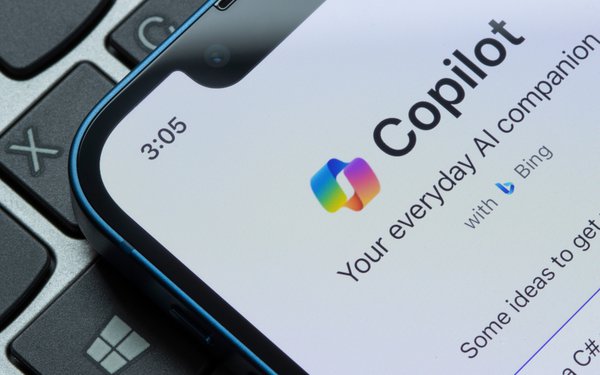
Privacy is the topic of the day in my
email inbox. Earlier this week Microsoft released a feature called Recall that takes screenshots of a user’s laptop every few seconds. The images are stored on the PC.
The feature gives
the laptop owner the ability to search and recall the information in the screenshot at a later time.
Microsoft said Recall will store encrypted snapshots locally on a
person’s computer. Other technology can already do this, but the new tech based on AI does not store the information in the cloud. It does not, in theory, give Microsoft access to the files. The
feature is in the company’s forthcoming Copilot+ PCs. But those focused on privacy have called Recall a potential "privacy nightmare."
Information Commissioner's
Office (ICO), a UK data watchdog, says it is contacting Microsoft to talk about the new feature.
advertisement
advertisement
“This could be a privacy nightmare," Kris Shrishak, an adviser on AI and privacy, told the BBC. "The mere fact
that screenshots will be taken during use of the device could have a chilling effect on people."
The use of screenshots of passwords and other sensitive material were mentioned as
concerns.
Microsoft says Recall is an "optional experience," and says it is committed to privacy and security.
Then there’s the OpenAI debacle. The company developed a Scarlett Johansson soundalike voice, and how it sounds eerily like
the actress, so it violates her privacy.
It probably would not have been a privacy concern is Johansson was not an actress, but because she has a recognizable voice used to earn her
livelihood, OpenAI has violated her privacy.
All this despite OpenAI CEO Sam Altman explaining in a lengthy blog post that the voice used in GPT 4o, which the company introduced last week, is
based on specific criteria from another voiceover actress.
Artificial intelligence will continue to eat away at privacy despite watchdogs, despite UK’s General Data Protection Regulation
(GDPR), despite the advertising industries push to remove ad tracking browser cookies. A quick search on privacy groups names about 18. If you go out onto a busy city street in New York, do you have any idea how many times you are
photographed in one hour? Whether the camera are function are a different topic.
And, for the moment, these privacy concerns have even overshadowed Google Sandbox privacy concerns and media
buying.
Connected Commerce Council (3C) Executive Director Rob Retzlaff today issued a statement on the American Privacy Rights Act’s (APRA’s) harmful impacts on small businesses
ahead of Thursday’s hearing and vote on APRA in the House Subcommittee on Innovation, Data, and Commerce.
“Small businesses need a federal data privacy law that ends today’s
patchwork of state laws, protects consumers, and recognizes that data-powered digital tools are essential to small businesses’ growth and success,” Retzlaff wrote, and the APRA fails to
deliver what small businesses need. “It overregulates the collection and use of basic data and makes standard business practices–like personalized emails to existing
customers–illegal.
The internet is more than 40 years old and privacy still continues to deteriorate. Don’t get me wrong. It has become one of the most amazing tools, allowing
people to search for information, as well as monetize goods and services through advertising and sales. People have worked from home for years. But it also robbed humanity of a privacy known only
sometime before its official birthday in 1983. Much work was done prior. You can read about it here.